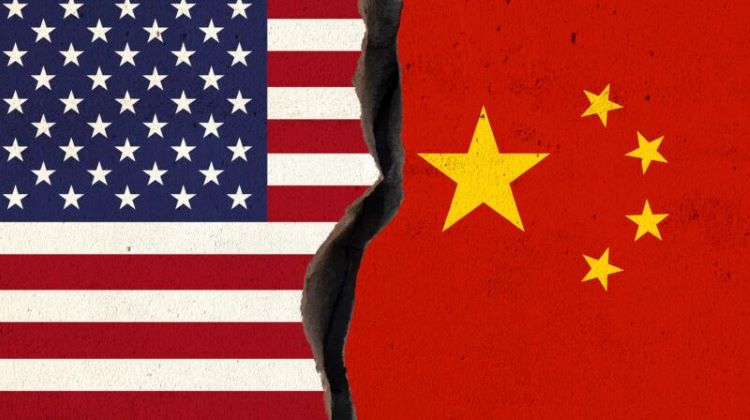Anamika Dey, editor
Brief news
- A bipartisan group of 13 state attorneys general, led by D.C. AG Brian Schwalb, filed lawsuits against TikTok for allegedly financially abusing children through unregulated virtual currency transactions.
- The lawsuits claim TikTok misleads users about its negative impact on youth mental health and violates money transmission laws.
- TikTok’s livestreaming feature allows minors to conduct financial transactions, raising concerns about inadequate age verification and potential exploitation.
Detailed news
Among the numerous allegations against TikTok that a group of attorneys general has brought forth, one is particularly noteworthy for its emphasis on the company’s oppressive use of its virtual currency.
The attorney general for the District of Columbia, Brian Schwalb, claimed on Tuesday that TikTok is financially abusing children by conducting an unregulated digital currency that is akin to poker tokens at a casino.
On Tuesday, a bipartisan group of 13 state attorneys general, as well as Schwalb, filed lawsuits against TikTok. The lawsuits allege that the company misled users about the app’s destructive impact on the mental health and well-being of children and young adults.
Schwalb’s lawsuit contends that TikTok violated the district’s money transmission laws by neglecting to obtain the requisite licenses to enable financial transactions through the company’s livestreaming tool, which utilizes its in-platform virtual currency. According to the lawsuit, the livestreaming feature “exploits” minors financially, and the currency “substantially harms children.”
According to the lawsuit, TikTok receives 50% of the revenue from the purchases of virtual tokens (TikTok Coins) that minors purchase with real money through the company’s system. The suit further adds that children are capable of conducting financial transactions due to their ability to circumvent the company’s inadequate age-verification tools, which TikTok is cognizant of but neglects to address.
The digital “gifts” that users can transmit to others who are livestreaming themselves on the social media app can be purchased with TikTok Coins. Those broadcasters may then exchange the gifts they receive for actual money.
According to the lawsuit, TikTok “extorts” a commission of up to 50% from these exchanges without obtaining the requisite license.
In an earlier statement, TikTok informed CNBC that it disagreed with “these claims, many of which we believe to be inaccurate and misleading,” but it did not respond to a request for comment.
According to Gabriel Robins, a professor of computer science at the University of Virginia who has served as an expert witness in numerous patent lawsuits related to technology, social media companies such as TikTok have been imitating the video game industry by establishing extensive online marketplaces that include digital currencies.
Robins stated that federal and state laws are in place to safeguard children from financial hazards, as they are “too inexperienced to know any better.”
Robins stated, “If you present it in a manner that is charming, joyful, and somewhat innocent, it is easier to manipulate the children.” “They are unaware that their money is being defrauded, or that their parents’ money is being defrauded.”
The D.C. TikTok lawsuit “may compel other platform companies to reconsider how they define and regulate economic transactions,” said Brooke Erin Duffy, an associate professor at Cornell University’s department of communication, in an email. This is due to the increasing number of large internet companies that are courting online creators, or social media users who produce large quantities of content in the hopes of making money.
Source : CNBC News




